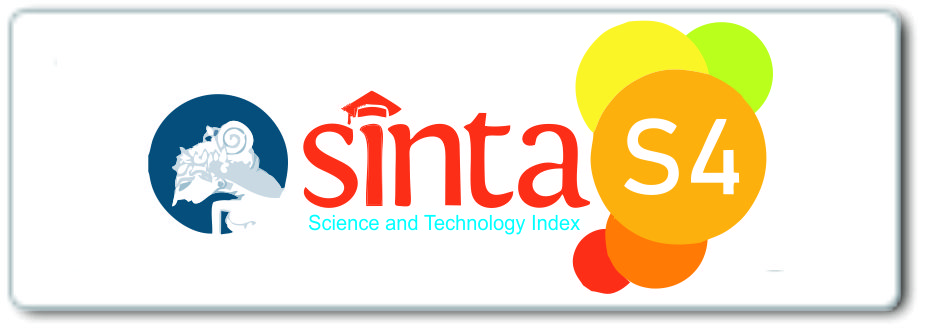Relationship between EFL young learners’ multiple intelligences and English Achievement in Bilingual School
Abstract
This research set out with the aim of assessing whether EFL young learners’ multiple intelligence in bilingual school in Intensive Cambridge Program (ICP) has influence on their English proficiency as the important determining factors. The total number of participant was 76 students which consist of 38 male and 38 female students of 2rd, and 5th grade of bilingual primary school. The instrument used to elicit information for this study is multiple intelligences survey for kid by Laura Candler and Cambridge Progress Test (CPT). The result shows that there is no significant relationship between EFL young learners’ multiple intelligences and English proficiency. To find the predictor of type of multiple intelligences which have strength to effect toward English achievement also showed no significant since the probability was small. It can be caused that in bilingual classroom since English is used not only as a subject but also as classroom instruction and language in the text book for science, mathematics and English itself. So student’s’ English proficiency had been influenced not only by how teacher conduct the class based on multiple intelligences, but by other input outside English subject.





.png)





